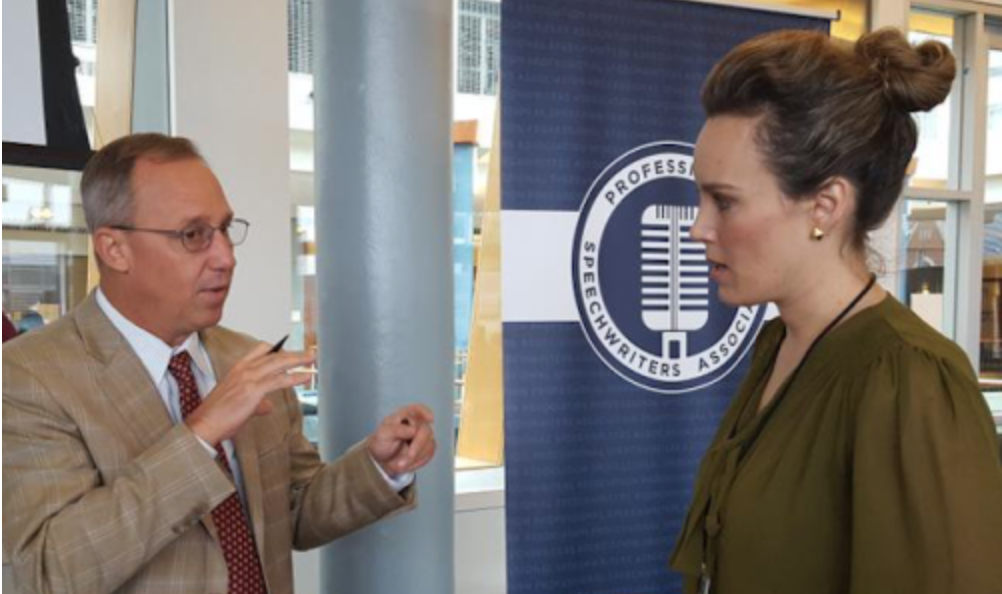The secret to being a writer is to assume at bottom that everything that’s inside you is also, in some form, inside everybody else.
But the secret to being a person is realizing that not everybody feels exactly the way you happen to, at the exact time you happen to be feeling it.
The worst daily oppressors in our lives are the folks who show up in a manic mood and expect everyone to meet it. Or in a grouchy mood, expecting everyone else to stick their own manic moods where the sun don’t shine.
I think that’s one reason I get along so well, on the regular, with Benjamine Knight Barger, the chief operating officer of Pro Rhetoric, LLC, or as she’s known around here, “My Professional Ride-or-Die.”

Not only are Benjamine and I very different people—we’re pretty much The Odd Couple—we don’t even share time, or space in common.
She’s on Mountain Time in a place with no Daylight Savings, so half the year it’s one hour earlier in her native Phoenix; and this half of the year, it’s two hours earlier. I also get up earlier, so that I’m working most mornings for three and a half hours before she enters her cockpit. And she’s working well after it’s Miller Time in Chicago.
Meanwhile, there are about four exciting days per year when one of us isn’t suffering some kind of apocalyptic weather misery that the other can only begin to fathom. Benjamine will never know what it is to shovel a foot of snow the moment a fella wakes up in the morning. And I have been in Phoenix in the summer, when it’s 10 degrees hotter at the airport because the concrete radiates heat. I would sooner live on Mercury, which doesn’t have haboobs.
We share a lot, Benjamine and I: A social mission and a business sensibility. Lore from our long professional adventure. Hundreds, by now, of common acquaintances. And almost a decade of the kind of friendship that can only be forged in daily toil—alternating annoyance and forgiveness, defeat and victory, worry and relief, tension and release. And permanent respect.
But it’s equally good that our differing daily circumstances and surroundings—and we haven’t even gotten into the profound cultural differences between Chicago and Phoenix—remind us that we can’t assume we know what’s going on in the other person’s head.
Because we don’t even know what’s going on in the other person’s front yard.